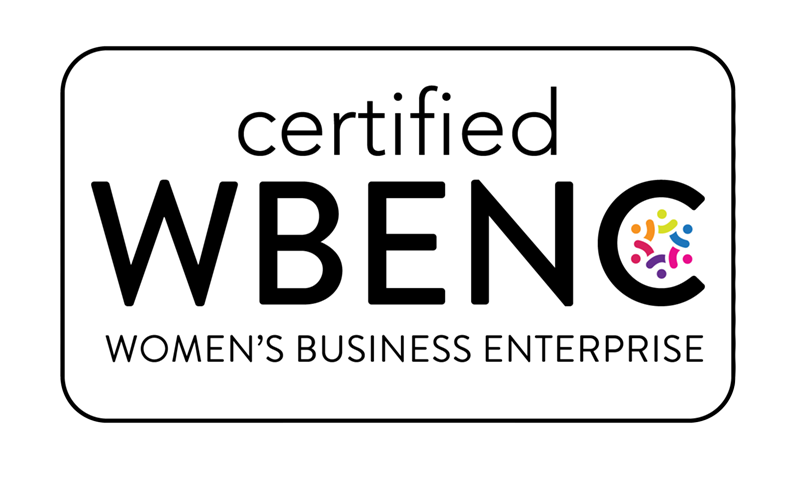Bonded Warehousing: How It Can Benefit Your Import Operations -
Part 20
Audio Conversation:
Full Blog Article:
If you’ve ever struggled with cash flow due to upfront duty payments, warehousing logistics, or delayed product launches, bonded warehouses might be the solution you didn’t know you needed.
In today’s blog, we’ll explore an often-underutilized tool in global trade that can streamline your import operations, reduce costs, and improve efficiency: bonded warehousing.
What Is a Bonded Warehouse?
A bonded warehouse is a secure storage facility approved by U.S. Customs and Border Protection (CBP) where imported goods can be stored without immediately paying duties or taxes. Goods can remain in the warehouse for up to five years, giving businesses flexibility to manage their inventory, defer costs, and plan strategically.
Whether you’re importing raw materials for manufacturing or finished goods for sale, bonded warehouses provide significant financial and operational advantages.
Benefits of Bonded Warehousing for Import Operations
1.
Deferred Duty Payments:
One of the primary benefits of bonded warehousing is the ability to defer customs duties. Duties and taxes are only paid when goods leave the warehouse for domestic consumption. This deferral offers several advantages:
- Cash Flow Management: By postponing duty payments, you can redirect funds to other critical areas of your business, such as marketing, production, or expanding your operations.
- Risk Mitigation: If goods are re-exported instead of sold domestically, you won’t need to pay duties at all.
This feature ties closely to Article 16:
"Import Tariff Exemptions", where we discussed duty relief programs like Temporary Import Bonds (TIBs) and how businesses can minimize customs costs.
2.
Secure Storage and Inventory Management: Bonded warehouses are tightly regulated and secure, making them ideal for storing high-value goods. Additionally, many bonded facilities offer advanced inventory management systems that allow you to track your stock in real time.
- Peace of Mind: Knowing your goods are stored in a CBP-approved facility ensures compliance with customs regulations.
- Streamlined Supply Chain: Bonded warehouses can serve as a centralized hub for inventory, especially for businesses managing imports from multiple countries.
If you’re still establishing your import compliance processes, consider reviewing Article 8:
"Import Compliance"
for strategies to ensure smooth customs clearance".
3.
Duty-Free Re-Exporting: For goods stored in a bonded warehouse that are later re-exported to another country, no duties or taxes are due in the U.S. This is particularly advantageous for businesses operating in global markets.
For example:
- A U.S. distributor imports electronics from Asia and stores them in a bonded warehouse. If part of that shipment is sold to a Canadian customer, the goods can be re-exported duty-free.
This concept ties back to Article 4: "Trade Agreements", where we explored how Free Trade Agreements (FTAs) can facilitate cross-border trade. Bonded warehousing complements these agreements by simplifying the logistics of re-exporting goods.
4.
Customs Compliance and Inspections:
Bonded warehouses streamline the customs inspection process. Since the facility is regulated by CBP, inspections are often conducted on-site, reducing delays.
- Faster Processing: Inspections and documentation are managed efficiently within the bonded warehouse, helping to avoid bottlenecks at ports of entry.
- Improved Accuracy: With clear records and documentation, you can ensure your business stays compliant with customs regulations.
For more insights into managing customs documentation effectively, refer to Article 5: "Export Documentation" and its discussion on key paperwork like pro forma invoices.
5.
Cost Savings on Storage and Duties:
Bonded warehouses often offer competitive storage rates compared to private facilities, especially for long-term storage needs. Additionally, you can avoid unnecessary duties by consolidating shipments or delaying the importation of goods until market conditions are more favorable.
The Role of a Customs Broker
Navigating bonded warehousing regulations can be complex, but this is where a customs broker becomes invaluable. A skilled broker can:
- Assist in identifying bonded warehouses that meet your specific needs.
- Handle documentation and compliance requirements, ensuring your business avoids costly penalties.
- Provide guidance on leveraging bonded warehousing alongside other cost-saving tools, such as FTZs and duty drawback programs.
Working with a customs broker simplifies the process and ensures you’re maximizing the benefits of bonded warehousing.
FAQs:
Q1: Can I store any type of goods in a bonded warehouse?
A1: Not all goods are eligible for bonded storage. Prohibited items, such as counterfeit products or certain hazardous materials, may not qualify. It’s essential to verify with CBP or consult a customs broker for specific regulations.
Q2: How long can goods stay in a bonded warehouse?
A2: Imported goods can remain in a bonded warehouse for up to five years without incurring duties or taxes. This extended period offers significant flexibility for inventory planning and market entry strategies.
Q3: What happens if I decide to re-export goods stored in a bonded warehouse?
A3:
If goods are re-exported, no duties or taxes are paid in the U.S. A customs broker can assist with the necessary documentation to ensure compliance with CBP regulations.
Summary of Key Points
- Bonded Warehousing Defined: Bonded warehouses are CBP-regulated facilities where goods can be stored without paying duties upfront.
- Major Benefits: Deferred duty payments, secure storage, streamlined customs processes, and duty-free re-exporting.
- Customs Broker Support: A broker simplifies bonded warehousing logistics, ensures compliance, and maximizes cost savings.
By incorporating bonded warehousing into your import strategy, you can improve cash flow, reduce costs, and operate more efficiently in the global marketplace.
A Look Ahead:
What’s Next?
In the next article in our series, we’ll delve into “Advanced Rulings: How to Secure Trade Compliance Certainty Before Shipping.” Learn how to gain clarity on complex customs regulations and eliminate guesswork in your trade compliance strategy.
Stay tuned for actionable insights to help you master global trade compliance and grow your business with confidence!
References
1. U.S. Customs and Border Protection. “Bonded Warehouses.” Link
2. Electronic Code of Federal Regulations. “Bonded Warehouse Regulations.” Link
By leveraging bonded warehousing and partnering with a customs broker, you’re setting your business up for success in the competitive world of global trade. Let us help you unlock new opportunities in the global marketplace!
If you're curious to see how we can help, please visit our website
http://magneticprecision.com/
For inquiries and questions, contact us at
inquiries@magneticprecision.com.


